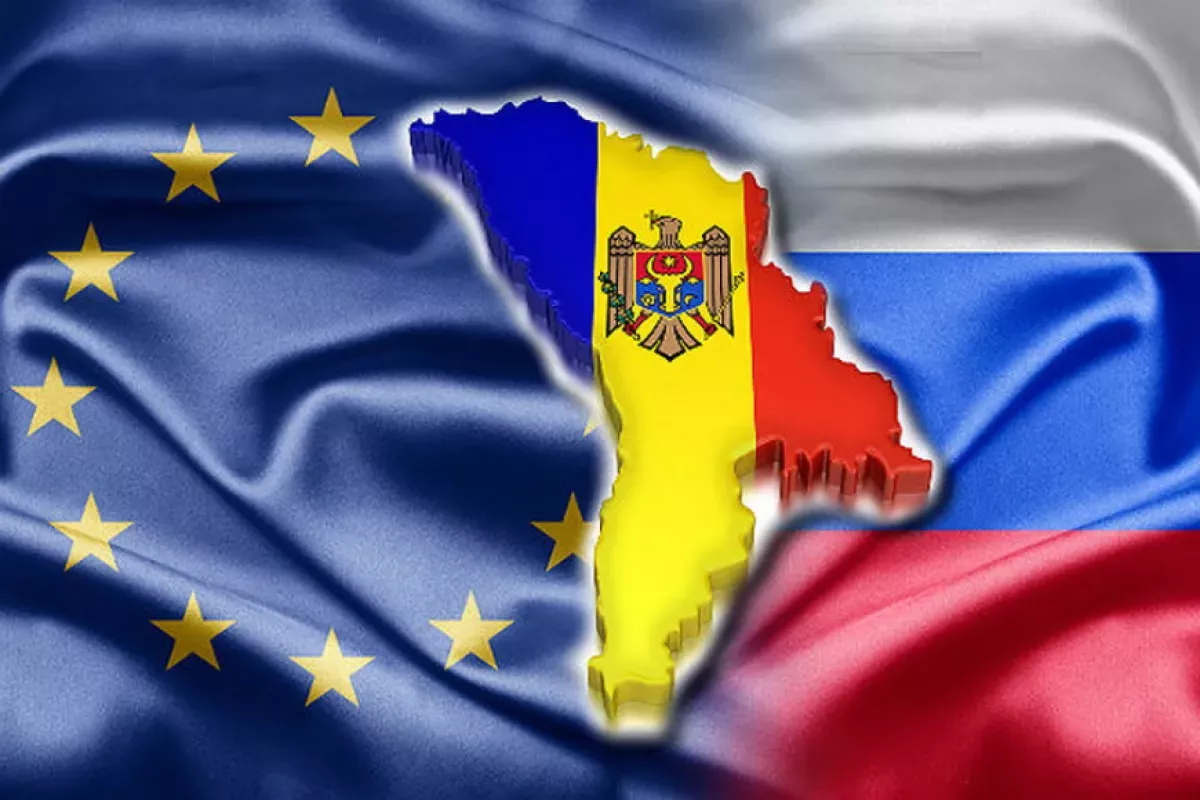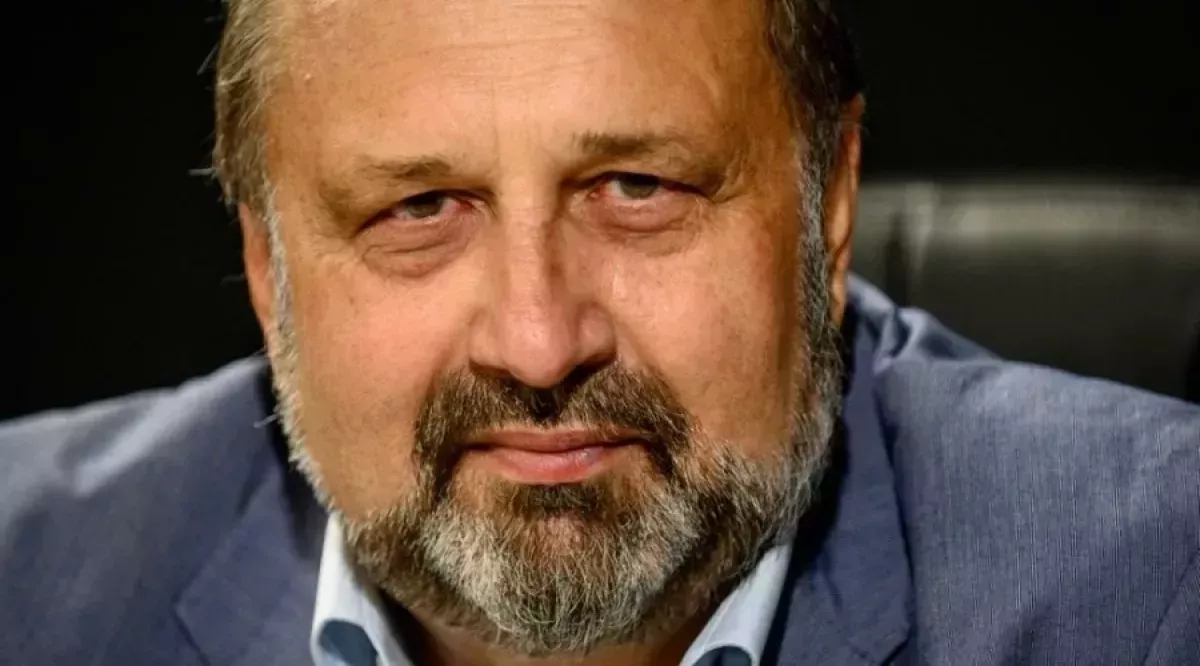Moldova’s future in question: Romania, EU, or Russia? Chișinău at crossroads
The majority of Moldovans oppose unification with Romania, while about a third are in favour, according to a survey conducted by iData and reported by Spot Media.
The poll found that 61.5% of respondents are against uniting Moldova with Romania, whereas 31% support the idea. At the same time, more than half of respondents (57.1%) said they support Moldova’s accession to the EU, while 36.2% are opposed.
Around 60% of those surveyed said they are against the country joining NATO, while 30.8% expressed support for it.
The iData survey was conducted from August 7 to 16, 2025, using a nationally representative sample of 1,071 respondents through the CAPI method (computer-assisted personal interviewing). The maximum margin of error is 2.9%, and the study included residents from 89 localities.
Can the results of this survey be trusted? Do they reflect the real state of affairs? What do these numbers tell us? Could they indicate that it’s still far from clear whether pro-Moscow or pro-Western forces will come out stronger in the upcoming parliamentary elections at the end of September?
Prominent experts shared their opinions on the matter with Caliber.Az.

Romanian pundit Mihai Isac commented that he views the survey results with only moderate confidence.
"Despite the fact that iData is a well-known research company, we know that many previous pre-election polls have been significantly inaccurate, with forecasts diverging from reality. That’s why I treat this data with caution, especially in a context where disinformation, particularly from Russia, can distort public perception.
The diaspora is also an important electoral player, but this survey does not cover that segment.
Overall, the numbers seem to reflect the perceived reality. The survey confirms a picture of a divided society: the majority of citizens remain pro-European [with over 57% supporting Moldova’s accession to the European Union], while a significant portion of the population holds a favourable view of Russia [around 43% express their affinity with Moscow and the Eurasian Economic Union].
This situation aligns with my view that Russian propaganda still influences a portion of the population, even though the pro-Western orientation remains dominant,” the analyst said.
In his opinion, the numbers indicate that a fierce geopolitical struggle is unfolding in the Republic of Moldova.
“They show that while pro-European aspirations still prevail, Russia’s influence remains strong, with nearly half the population leaning toward Moscow [43% support closer ties with Russia]. Additionally, a significant portion would prefer maintaining a balance between the West and the East, with around 37% favouring a foreign policy of cooperation with both the EU and Russia.
In other words, society is deeply divided, which indicates that pro-Moscow sentiments have taken root and the country’s future direction is a subject of intense debate. Just as the Russian Federation tries to influence the political situation in Azerbaijan, Moscow is aiming to do the same in Moldova.
The survey undoubtedly shows that the election outcome is far from decided.
Neither the pro-Western nor the pro-Moscow forces hold a clear advantage. The ruling PAS [Party of Action and Solidarity] leads by a slim margin, followed by the ‘Patriotic’ bloc and its pro-Russian allies, while about 40% of voters remain undecided.

Given the large number of variables and the active interference by Russia in the electoral process, as reported by the authorities, it is clear that the final battle for the majority will be fought until the very last moment. The Republic of Moldova remains a testing ground for Russian intelligence agencies,” the pundit concludes.
He also reported that in recent decades, an increasing number of Moldovan citizens have viewed the idea of unification with Romania positively.
If, immediately after 1991, support for it was limited to relatively small groups, today unionist sentiments are much more widespread. This evolution is driven by the advantages of closeness to Romania—from obtaining Romanian citizenship to economic and educational opportunities, as well as the positive example of European integration and Romania’s growing prosperity. Many Moldovans associate unification with the prospect of a more stable and prosperous future within a European context.
However, there is no influential party on the current political scene that openly advocates for reunification. Parties that identify as unionist remain small and fragmented, while the main pro-European groups prefer to focus on EU integration, believing that a strong push for unification could polarise the electorate. As a result, many unionists support these pro-Western parties, seeing their European orientation as a step compatible with the ideal of reunification. In this way, a portion of the population voting for Europe does so out of unionist convictions, even if reunification is not officially promoted in the political platforms of these parties.
At the same time, Russian propaganda continues to influence the perceptions of part of the public, slowing the development of the unionist movement. Kremlin-affiliated media often portray unification with Romania in a negative light—as a loss of sovereignty, discrimination against minorities, or an external threat—fueling fears and anti-unionist sentiments.
Such manipulative messages reinforce many people’s reluctance to support reunification and deepen the societal divide amid the geopolitical rivalry between East and West.
On the other hand, many supporters of unification believe that national reunification will effectively happen after Moldova joins the European Union alongside Romania. From their perspective, European integration will make the border between the two countries almost symbolic, with citizens enjoying the same rights and opportunities, and economic and social ties becoming even stronger. For this segment of the electorate, Moldova’s European path does not contradict the ideal of unification; on the contrary, it could be achieved in a natural and peaceful way.
In conclusion, although there is currently no strong political force openly supporting unification, the unionist ideal remains present in society, expressed both through pro-European electoral preferences and through the hope for actual reunification within a united Europe,” Isac stated.

Dr. Vitalii Andrievschi, historian and director of the Institute for Effective Politics (Chișinău), stated in turn that he trusts only one poll — the election results.
“All other studies allow for a wide margin of error. The issue isn’t just the lack of professionalism among sociologists or those who actually conduct the surveys. More importantly, respondents often don’t tell the truth, and their opinions can shift under the influence of many factors.
Moreover, one cannot rule out commissioned polls, where not only the research itself is bought, but also a pre-determined result.
Even if a poll is conducted honestly and professionally, it’s important to understand that its numbers reflect only a snapshot of public opinion on the day it was carried out.
"That’s why I won’t speculate on who will win — it’s pointless. What I do know is this: the winner will be the one who builds a professional campaign strategy and is able to execute it through well-thought-out tactical steps, especially through direct engagement with voters, particularly with specific target groups.
The problem is that, as of today, I don’t see that level of professionalism in either the ruling party or its opponents,” the institute director stated.
As for the idea of reunification between Moldova and Romania, he noted that it is currently significantly less popular than the idea of European integration and Moldova’s accession to the European Union.
“However, that too could change — for two reasons. First, if it becomes clear that, for whatever reason, EU membership is not possible, then the number of reunification supporters would rise sharply. Second, if Moldova faces a real threat of aggression from Russia, the idea of unification with Romania would also gain much broader support,” Andrievschi concluded.








